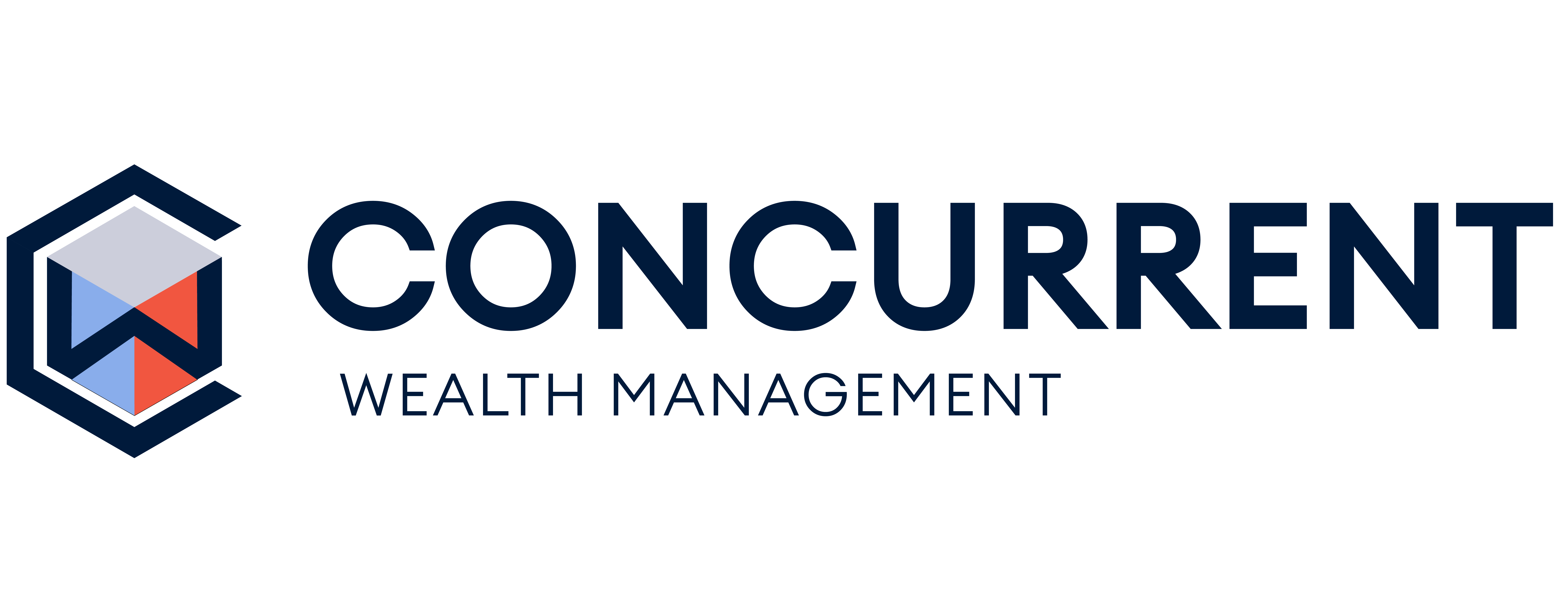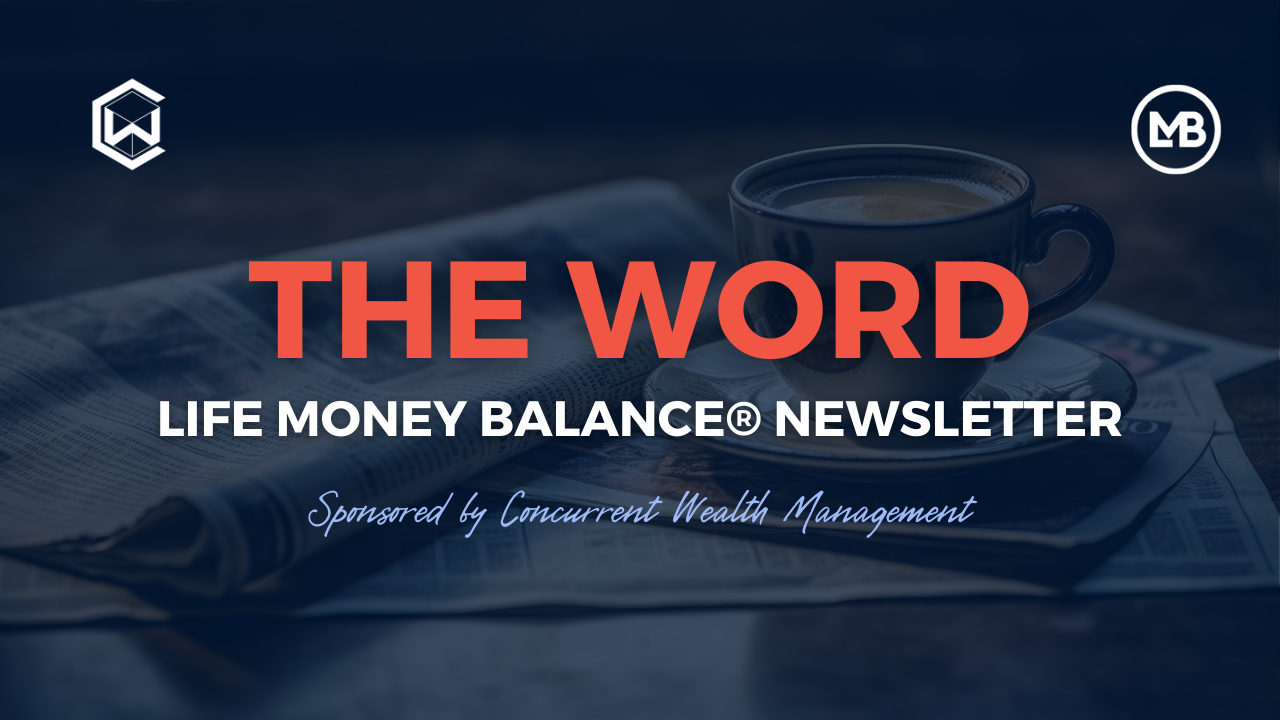In Times of Uncertainty, Smart Planning Prevails
Markets are on edge. Headlines are filled with policy debates, volatility spikes, and investor concerns. And while market corrections are a natural part of the economic cycle, this current moment feels different—and for good reason.
Former President Trump’s proposed reciprocal global tariff proposals are unlike anything we’ve seen in recent history. They are preemptive, self-imposed, and according to a wide consensus of economists, economically flawed. Instead of reacting to external threats, the proposed trade measures introduce new, internally created risks that shake investor confidence across global markets.
The recession alarm bells are ringing louder. Leading research firms are adjusting their forecasts, and concerns of a slowdown are not partisan—they are practical. Whether or not you support the policies, their economic impact affects real people, real dollars, and real lives.
But amid all this, there is opportunity—if you stay grounded in your plan.
Market Volatility Isn’t New—But This Policy Environment Is
Geopolitical uncertainty isn’t unusual in economic cycles. What makes this scenario unique is its self-induced nature. Markets typically react to external shocks. This time, policy itself is the driver. That has caused sharp and unusual volatility in equities and commodities alike.
The Nasdaq is officially in a stock market crash, having declined over 20% from recent highs.
The S&P 500, along with many major sectors—including the Magnificent 7—has entered correction territory (down over 10%).
While this may trigger a wave of financial anxiety, panic is not a strategy. Recession threats are real, but your plan is your defense.
The Cost of Missing the Market’s Best Days
Market timing is tempting during periods of uncertainty, but it’s historically one of the costliest investing mistakes. Why? Because the market’s best days often come during or immediately following its worst.
Missing those days can dramatically reduce long-term returns. Here’s what the data shows:
Let’s say you were fully invested in the S&P 500 from January 2004 through December 2023:
- Fully Invested: 9.8% annualized return
- Missed the 10 Best Days: 5.6% return
- Missed the 60 Best Days: -4.3% return
Missing just 10 days over two decades cuts your return nearly in half. Missing more? Your returns can turn negative altogether.
This is why we emphasize staying invested through uncertainty. Recovery often starts quietly and quickly—while headlines still sound grim.
Want to go deeper? Check out our Navigating Market Corrections episode of the Life Money Balance Podcast.
What You Can Control During a Trump-Led Recession Risk
Your lifestage and household financial plan should shape your investment strategy—not political developments or market noise.
For investors in their 30s and 40s, staying invested and contributing through volatility can set you up for strong long-term returns. If you’re in your 50s or 60s, minor portfolio shifts—not wholesale exits—can help preserve gains without missing future growth.
High-income earners should also consider Roth conversions during downturns. When portfolio values decline, you can convert traditional IRA assets to a Roth at a lower tax cost, locking in future tax-free growth.
The 4 Ps of Recession Resilience
At Concurrent Wealth Management, we encourage clients to use the 4 Ps to frame their recession strategy:
- Plan: Reassess your financial goals and align decisions with your long-term household objectives—not the headlines.
- Protect: Build and maintain appropriate cash reserves. Avoid unnecessary major expenditures and review insurance, estate, and tax planning strategies.
- Preserve: Make minor shifts in allocation if you’re nearing retirement, but stay invested. Avoid emotional decisions like panic selling.
- Prosper: Downturns create opportunity. Reinvest in yourself, reallocate wisely, and prepare for recovery.
Family Wisdom for Modern Markets: 10 Timeless Principles to Prosper
Just like on the game show Family Feud, let’s survey the wisdom passed down from my parents and align them with personal finance insights. Here are the top 10 timeless strategies for surviving and thriving in uncertainty:
- Center Yourself Before You React
“Pray” – My parents always emphasized mental, emotional, and spiritual health. Grounding yourself helps manage financial anxiety and makes space for clear decisions. - Adjust Your Sails, Don’t Abandon the Ship
“Roll & adapt” – Be flexible in your spending and saving strategy. Now is a great time to reassess your goals, cut unnecessary expenses, and explore tax opportunities like Roth conversions. - Prioritize Earning Over Extravagance
“Keep income coming in” – Whether it’s employment, side hustles, or business revenue, stable cash flow is key. If needed, pivot to new opportunities to create income security. - Cash Is Still King in a Storm
“Put some money where it ain’t” – Don’t overexpose your portfolio. Allocate funds to cash reserves for emergencies and dry powder for opportunistic investing when stocks go “on sale.” - Hit Pause on Lifestyle Inflation
“Sometimes you gotta sit on your ass” – Press pause on big-ticket items like vacations, home renovations, or business expansions unless they are essential or strategic. - Filter the Noise—Focus on the Signal
“Keep your blinders on” – Filter the media barrage. Panic is contagious. Stay grounded in your strategy and ignore narratives that don’t align with your personal goals. - Emotional Wealth is Financial Wealth
“Focus on the people that matter” – Loved ones and community are your support system. Strong relationships lead to stronger resilience, both emotionally and financially. - Household First, Headlines Second
“Make decisions based on your household” – Every household is unique. Let your family needs and life timeline drive your financial moves, not national sentiment or social media hype. - Invest in the One Asset You Control—You
“Stay ready” – Reinvest in your skills, well-being, and relationships. Use this time to gain certifications, grow your network, or level up professionally. - Preparation Beats Prediction
“Be ready for your time” – Opportunity meets preparation. If you stay prepared, you’ll be positioned to thrive during economic recoveries.
Key Takeaways
- Missing the market’s 10 best days can drastically reduce your long-term portfolio returns.
- The Trump-era reciprocal global tariff proposals create unique, self-inflicted risks to global and U.S. markets.
- Emotions are valid, but decisions should be based on your life stage, goals, and overall financial strategy—not headlines.
Let’s Talk About Your Plan
This economy requires preparation, not panic. Whether you’re approaching retirement, in the midst of building wealth, or preparing for opportunity, now is the time to act with intention.
Schedule a free consultation with a wealth advisor today to discuss your next steps, build a recession-ready strategy, and protect your life, money, and peace of mind.
Sources (APA Format)
American Psychological Association. (2022). Financial stress and anxiety rise among Americans. https://www.apa.org/news/press/releases/stress/2022/financial-stress
CNBC. (2025, April 4). As recession risk jumps, top financial pros share their best advice. https://www.cnbc.com/2025/04/04/as-recession-risk-jumps-top-financial-pros-share-their-best-advice-.html
Fidelity Investments. (n.d.). Tax-loss harvesting and Roth conversions. https://www.fidelity.com/tax-loss-harvesting
Hartford Funds. (n.d.). Timing the market is impossible. https://www.hartfordfunds.com/practice-management/client-conversations/managing-volatility/timing-the-market-is-impossible.html
Investopedia. (n.d.). Stock market crash. https://www.investopedia.com/terms/s/stock-market-crash.asp
USA Today. (2025, April 4). Stocks tumble on Trump tariff plan. https://www.usatoday.com/story/money/markets/2025/04/04/stocks-trump-tariff-plan/82808040007/





